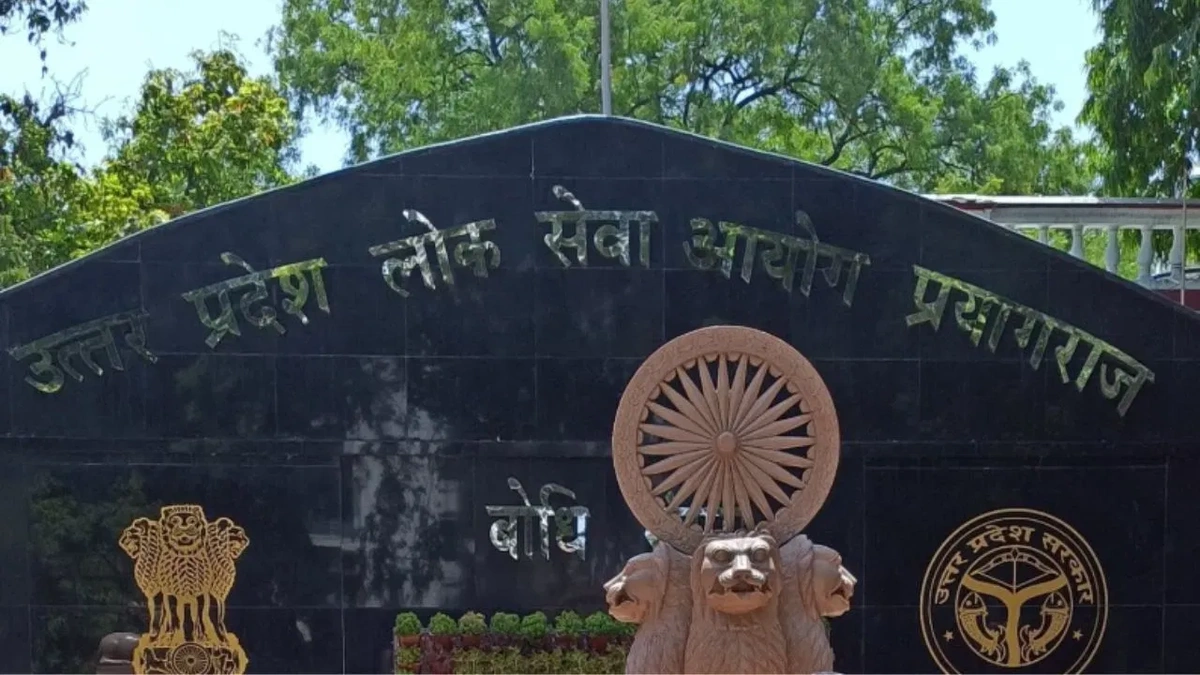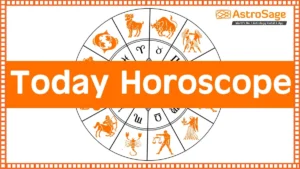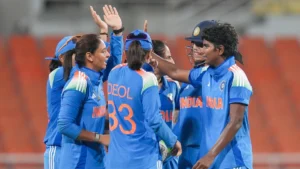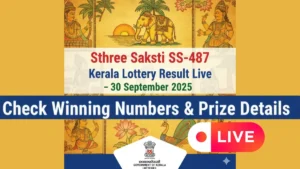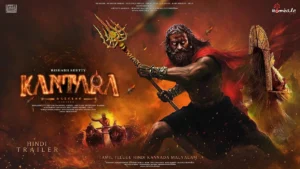August 14th Isn’t a Holiday in India. Here’s Why We’re Asked to Remember.
You know that feeling in mid-August, right? The air gets a little different. The tricolour starts appearing on dashboards, in shop windows, and as profile pictures. There’s a hum of anticipation for the flag-hoisting, the patriotic songs on the radio, the day off work. It’s the run-up to August 15th, our Independence Day.
But let’s talk about the day before .
August 14th. It often hangs in the air like a quiet, almost uncomfortable silence before the storm of celebration. For most of our lives, it was simply “the day before Independence Day.” Or, we knew it as the day Pakistan celebrates its freedom. But it’s not a 14 august holiday for us. Far from it. In fact, a few years ago, India gave this day a name a heavy, solemn name that asks us not to celebrate, but to reflect.
So, grab a coffee. Let’s sit down and talk about this. Because understanding August 14th is to understand the full, complex, and heartbreaking story of our own freedom.
The Echo Before the Dawn | More Than Just a Neighbour’s Celebration
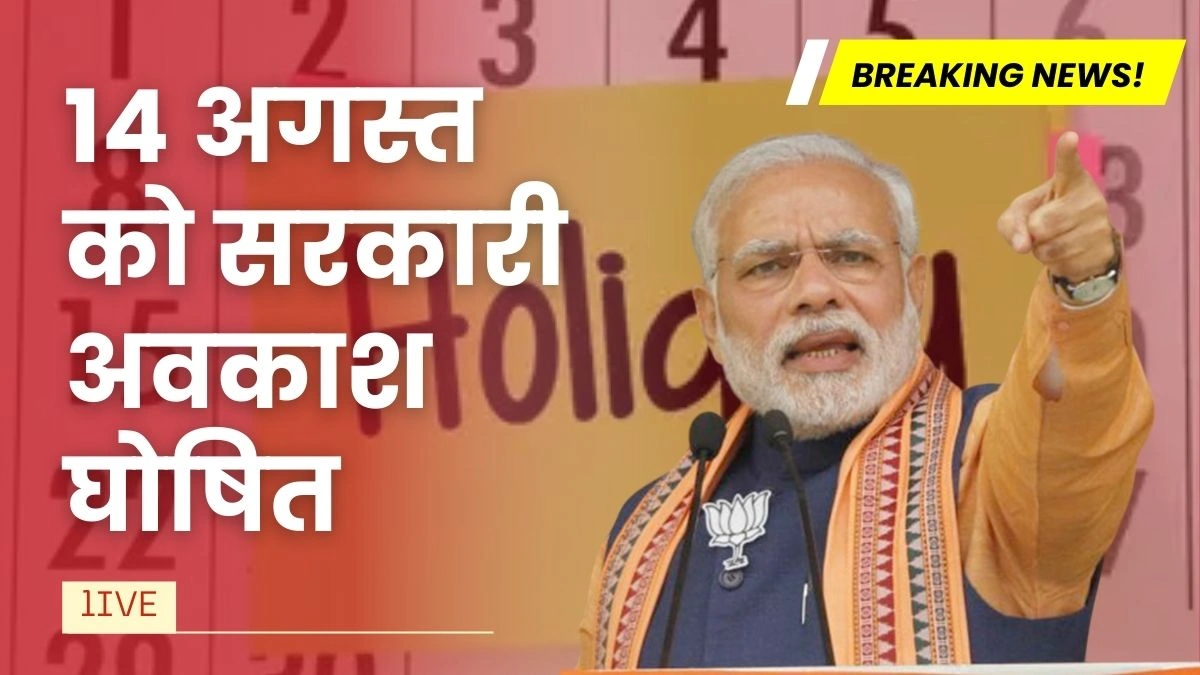
Let’s get the obvious out of the way first. Yes, August 14th is Independence Day for Pakistan. And for a long time, that was its only real identity in the Indian consciousness. A common question is, why the different dates? It’s a fascinating quirk of history, actually.
The Indian Independence Act of 1947, passed by the British Parliament, originally set August 15th as the date for the transfer of power to both India and Pakistan. But the last Viceroy, Lord Mountbatten, had a logistical problem. He needed to be present at the ceremonies in both Karachi (then the capital of Pakistan) and New Delhi. He couldn’t be in two places at once. So, he decided to attend the transfer of power ceremony in Karachi on August 14th, allowing him to fly to Delhi for the main event on the 15th. That’s the simple, historical reason for the two dates.
But for India, the significance of August 14th runs much deeper than a viceroy’s travel schedule. It’s the eve of our birth as a free nation, but it’s also the epicentre of the trauma that came with it. It represents the final, terrible hours of a united India. It’s the day the lines on the map, drawn by a British lawyer who had never been to India before, became bloody, violent realities on the ground.
A New Name for an Old Wound | The ‘Partition Horrors Remembrance Day’

This is where the story shifts from passive history to active national memory. In 2021, the Government of India made a significant declaration: August 14th would henceforth be observed as Partition Horrors Remembrance Day , or Vibhajan Vibhishika Smriti Diwas .
So, why now? Why, after more than seven decades, did we need to officially name this day of sorrow? The official statement from the government gives us a clue. Prime Minister Narendra Modi stated that the day was being marked “in memory of the struggles and sacrifices of our people” and that the pain of the partition of India “can never be forgotten.”
Let’s unpack the ‘why’ behind this.
- To Acknowledge the Human Cost: For a long time, the story of Independence was primarily one of political triumph. We focused on the leaders, the speeches, the flag-hoisting at the Red Fort. The declaration of Partition Horors Remembrance Day is a conscious effort to shift the focus. It’s a national admission that our freedom was not born in pure joy, but was paid for with the displacement of over 15 million people and the loss of an estimated one to two million lives. It was, as many have called it, a holocaust.
- To Write a Fuller History: The move aims to ensure that future generations—those preparing for their futures through tough exams like the real deal WBJEE exam guide —understand that the story of 1947 isn’t just about freedom from the British. It’s also an India Pakistan partition story, a story of families torn apart, of homes lost overnight, of unimaginable violence. It’s about ensuring the ‘Vibhishika’ (horror) is not erased by the ‘Utsav’ (celebration).
- A Call for Unity? The government’s stated aim is to “remove the poison of social division, disharmony” and “strengthen the spirit of oneness.” This is the most debated part. Some analysts believe that formally remembering the horrors can serve as a powerful warning against communal hatred. Others worry that focusing on the violence, without careful handling, could risk reopening old wounds or being used to fuel modern-day political divisions.
The truth is, it’s a monumental task. Remembering is not simple. It’s messy, painful, and deeply personal.
What Remembering Really Means (And What It Doesn’t)

Observing a day of remembrance is tricky. It’s not like a birthday or a festival with clear rituals. So, what does it mean to “remember” the Partition?
It’s not about stoking anger against a neighbour. It’s not about finding someone to blame. Let’s be honest, that’s the easy, unproductive route. True remembrance is an act of empathy.
It means seeking out the stories. Reading books like Urvashi Butalia’s “The Other Side of Silence” or listening to the oral histories collected byThe 1947 Partition Archive. These aren’t grand political analyses; they are raw, human stories of people who lost everything. Stories of friendship that crossed religious lines and of kindness from strangers in the midst of madness.
It means understanding that the history of partition wasn’t a neat surgical cut. It was a brutal amputation, and the phantom pains linger in our culture, our politics, and our family histories to this day. Many of us are just a few generations removed from those who made the desperate journey across the new border.
Remembering on August 14th is about holding two contradictory feelings at once: the deep sorrow for what was lost and the profound gratitude for the freedom that was born. One doesn’t cancel the other out. In fact, they define each other.
FAQ | Your Questions About August 14th, Answered
Is August 14th a public holiday in India?
No, it is not a public holiday. The 14 august holiday doesn’t exist on the Indian calendar. It is an official observance day, a day for solemn remembrance and reflection, not a day off from work.
Why was this specific day chosen for Partition Horrors Remembrance Day?
August 14th was chosen because it marks the eve of India’s Independence. It symbolizes the final, most intense hours of the violence and chaos of the Partition as the new borders were about to become a reality.
How is this day different from August 15th?
They are two sides of the same coin. August 14th is about remembrance (Smriti) of the tragedy and human cost of Partition. August 15th is about celebration (Utsav) of the triumph of gaining independence. One is a day of solemnity, the other of joy.
Where can I learn more about the Partition of India?
You can start with the Partition Museum in Amritsar, read seminal books on the topic, and explore online archives like The 1947 Partition Archive. The Partition of India Wikipedia page is also a great starting point for a broad overview.
Is the declaration of this day a political move?
This is a topic of debate. The government frames it as a move for social harmony and historical honesty. Critics sometimes argue it could be used for political polarization. As an observer, it’s important to understand both perspectives and focus on the core historical events the day seeks to commemorate.
What should I do on this day?
There are no prescribed rituals. You could simply take a moment to reflect, read an article or a personal account from 1947, talk to an elder in your family who might have memories, or watch a documentary. The goal is personal reflection, not public performance. It’s an internal journey, much like the intense preparation for something like the AP police recruitment .
Ultimately, remembering August 14th doesn’t diminish the joy of August 15th. It gives it context. It makes it real.
It helps us understand the staggering price at which our freedom was bought. It’s a quiet, powerful reminder that our nation wasn’t just born on a politician’s decree; it was forged in the fires of both unimaginable tragedy and unbreakable human spirit. And to forget one side of that story is to never truly understand the other.

